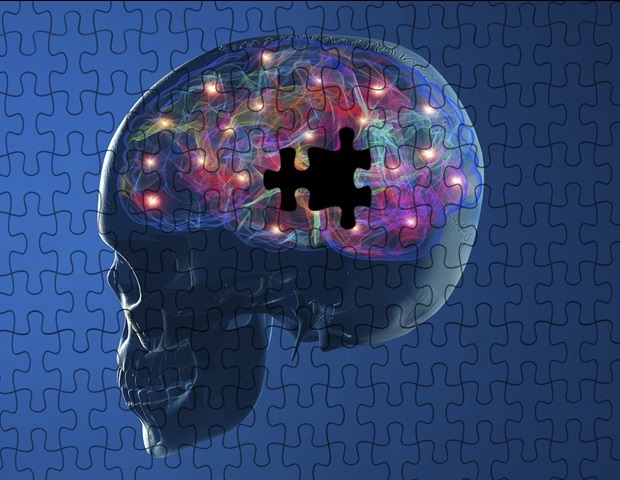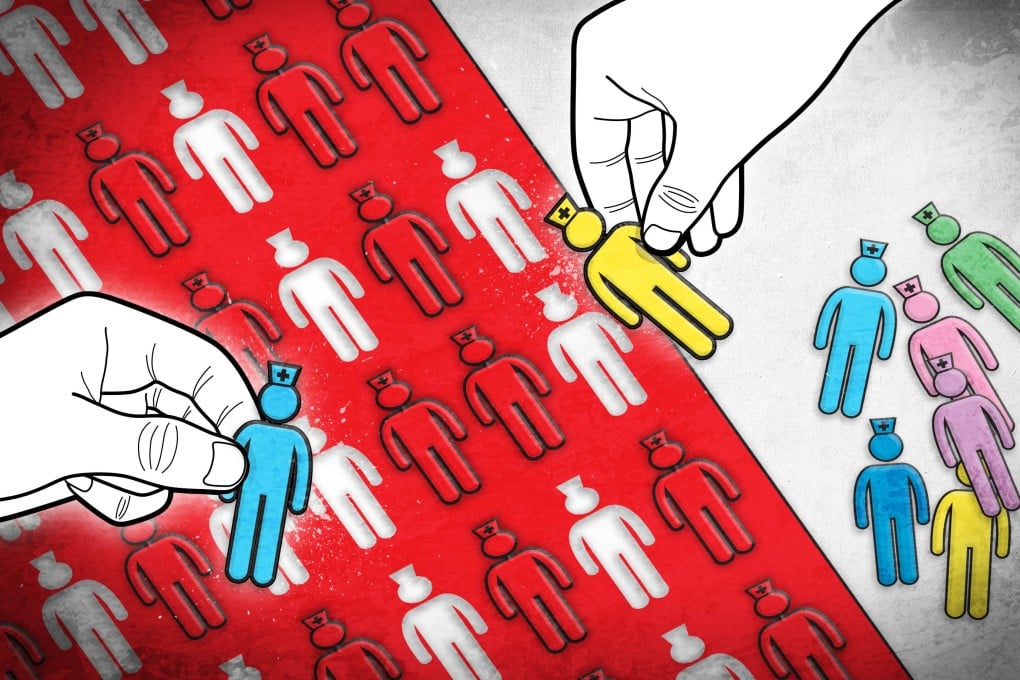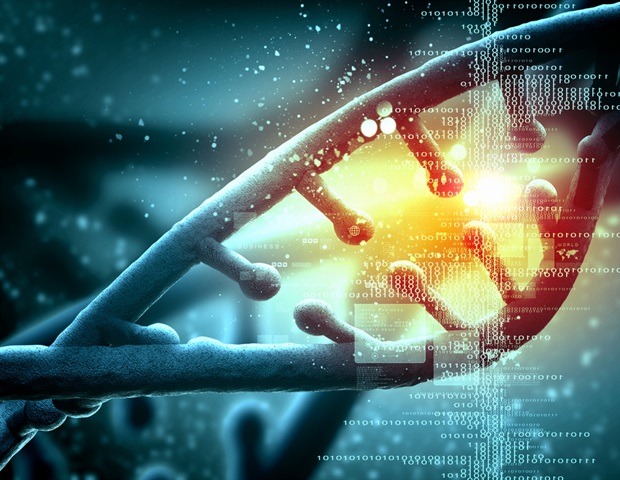As Mark Hasegawa-Johnson combed through data from his latest project, he was pleasantly surprised to uncover a recipe for Eggs Florentine. Sifting through hundreds of hours of recorded speech will unearth a treasure or two, he said. Hasegawa-Johnson leads the Speech Accessibility Project, an initiative at the University of Illinois Urbana-Champaign to make voice recognition devices more useful for people with speech disabilities.
In the project's first published study, researchers asked an automatic speech recognizer to listen to 151 hours -; almost six-and-a-half days -; of recordings from people with speech disabilities related to Parkinson's disease. Their model transcribed a new dataset of similar recordings with 30% more accuracy than a control model that had not listened to people with Parkinson's disease. This study appears in the Journal of Speech, Language, and Hearing Research.
The speech recordings used in the study are freely available to researchers, nonprofits and companies looking to improve their voice recognition devices. "Our results suggest that a large database of atypical speech can significantly improve speech technology for people with disabilities," said Hasegawa-Johnson, a professor of electrical and computer engineering at Illinois and a researcher at the university's Beckman Institute for Advanced Science and Technology, where the project is housed. "I look forward to seeing how other organizations will use this data to make voice recognition device.


















